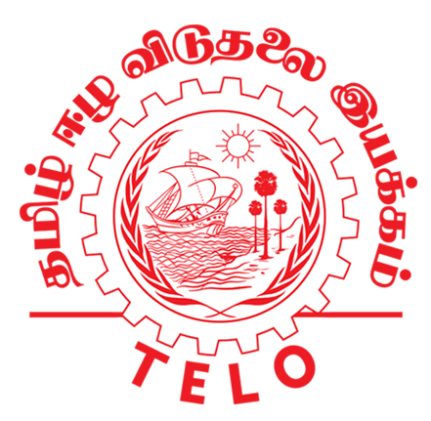No individual nor the Sri Lankan state has been held accountable for the atrocities that were committed,or the many other acts of violence that preceded and followed the events of Black July, said in a statement issued by the People for Equality and Relief for in Lanka (PEARL) on Black July 1983.
“Between July 23 and July 30, 1983, in a series of brutal pogroms and riots sponsored by the Sri Lankan state, Sinhala mobs inflicted devastating violence upon the Tamil population of the island. Black July represented a grievous escalation of ethnic tensions and anti-Tamil violence that had been occurring for decades, as Sinhala mobs, armed with voter registration lists to specifically target the Tamil community, took over 3,000 Tamil lives, destroyed 5,000 shops and 8,000 homes, and displaced over 150,000 Tamils. At least 500 Tamil women were victims of sexual violence and many Tamil families were burned alive.
The violence was a systematic and intentional genocide, as mobs were transported around Colombo in vehicles owned by government establishments. The almost entirely Sinhalese police, military, and security forces stood idle and watched, or sometimes even encouraged and took part in the violence Black July is not only considered the spark for the 26-year long armed liberation struggle against the Government of Sri Lanka, but prompted the till then largest exodus of Tamils from their homeland, as over 500,000 Tamils fled the island, giving seed to the global diaspora we now know. We as a people continue to experience the collective trauma of Black July, and the far-reaching consequences it had on our lives, to this day.
Nearly four decades later, there has been no justice for Black July. No individual nor the Sri Lankan state has been held accountable for the atrocities that were committed,or the many other acts of violence that preceded and followed the events of Black July. The international failure to secure criminal or state accountability for historical and recent mass atrocities has reinforced the impunity of the Sri Lankan state for atrocity crimes against Tamils. The armed conflict was marred by severe human rights violations, culminating in the Mullivaikkal Massacre of 2009, during which anywhere from 40,000 to 169,796 Tamil people were killed. As we remember Black July, the right of Tamils to memorialize remains criminalized on the island, in a continuation of historic repression through successive Sinhala-Buddhist nationalist governments.
The consistent failure of domestic institutions to hold the Sri Lankan state accountable and the unrepentant and increasingly authoritarian nature of the Rajapaksa Government makes international action imperative to addressing the grave human rights situation in Sri Lanka. International engagement with Sri Lanka must not come at the cost of undermining the demands for justice of victim-survivor communities.
As PEARL continues to advocate for accountability for mass atrocities and genocide recognition, we remember Black July and mourn the collective loss of the Tamil people. We move forward in solidarity with the Tamil people’s demands for justice and self-determination,” said in the statement.





